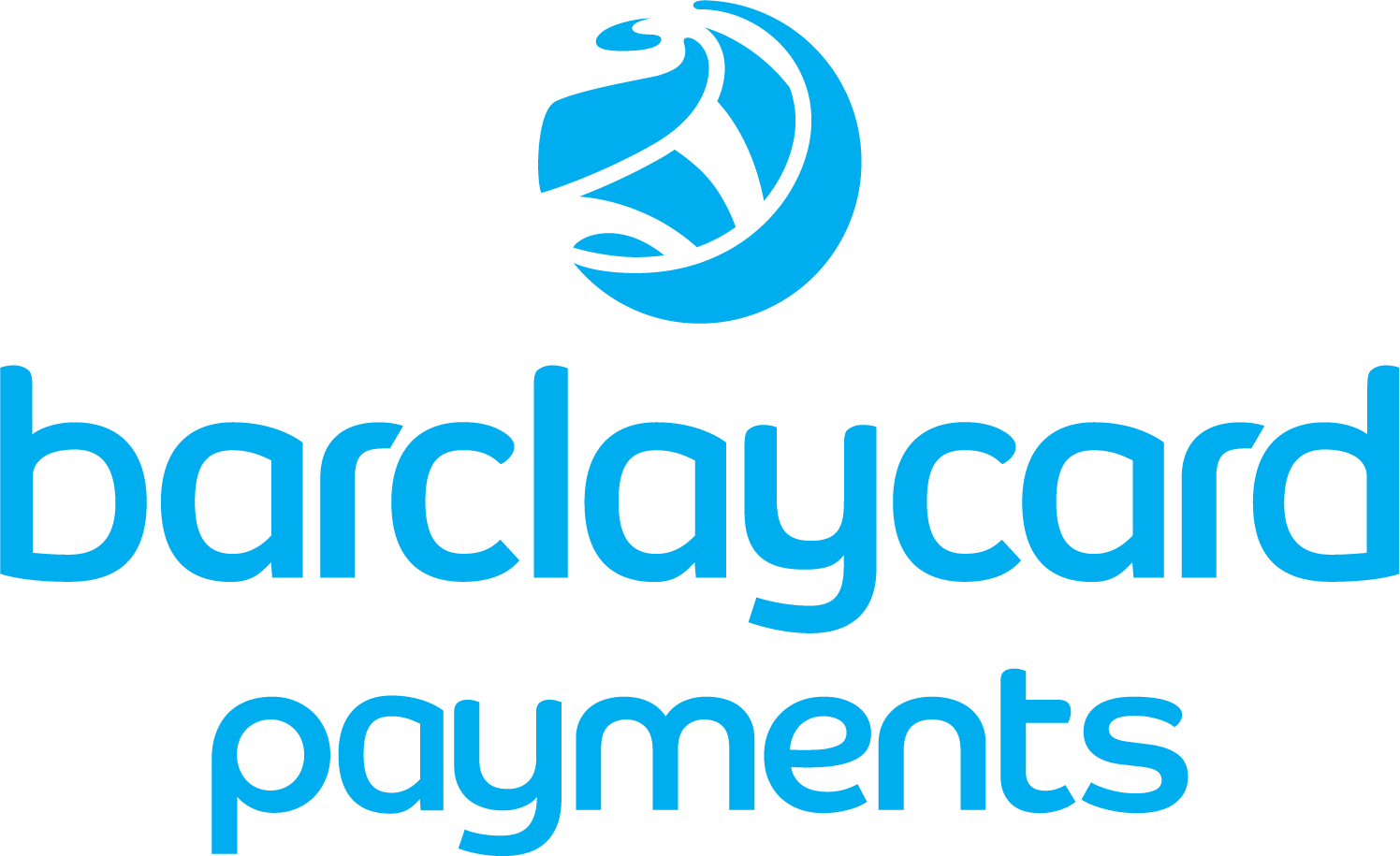- Compare Card Processing Rates from as low as 0.27%
- Keep your card processing fees to a minimum
- Direct access to 80% of the UK’s leading acquiring banks
- Make the right choice for your next UK payment provider
- Ensure your rates always remain competitive
- Seamlessly switch payment provider without a hitch






We're rated Excellent on
Understanding the Credit Card Process: A Comprehensive Overview
In today’s digital economy, accepting credit card payments is essential for businesses of all sizes. Whether you run an e-commerce website, a brick-and-mortar store, or offer services online, understanding the credit card process helps streamline transactions, reduce costs, and improve customer satisfaction.
Understanding the credit card process is also crucial for optimizing credit card online transactions, ensuring secure and efficient payment handling over the internet.
This guide provides a detailed breakdown of how credit card processing works, the key players involved, associated fees, and best practices for businesses looking to accept credit card payments efficiently.
What is Credit Card Processing?
Credit card processing is the intricate system that enables businesses to accept credit card payments from customers and transfer the funds to the merchant’s account. This process involves several key players, including the merchant, acquiring bank, issuing bank, and payment processor. Each of these entities plays a crucial role in ensuring that transactions are completed securely and efficiently.
When a customer makes a purchase using a credit card, the payment processor facilitates the communication between the merchant’s acquiring bank and the customer’s issuing bank. This ensures that the transaction is authorized, funds are available, and the payment is processed. The entire process must adhere to stringent security standards to protect sensitive payment information.
Merchants typically incur credit card processing fees, which can vary based on the pricing model of the processing company. These fees are essential to cover the costs associated with the various entities involved in the transaction. Understanding these fees and how they impact your business is crucial for managing costs and optimizing your payment processing system.
How Does Credit Card Processing Work?
The credit card processing system involves multiple steps to securely transfer funds from a customer’s account to a business’s account. Here’s a step-by-step breakdown:
1. The Customer Initiates Payment
When a customer makes a purchase, they provide their payment credentials via:
-
In-person transactions: Swiping, inserting (chip & PIN), or tapping (contactless) at a point of sale (POS) terminal.
-
Online transactions: Entering cardholder’s details on an e-commerce website or virtual terminal.
2. Obtaining Authorisation
The payment gateway (for online transactions) or POS system sends the transaction details to the:
-
Merchant bank (acquiring bank) – The financial institution handling the business’s transactions.
-
Payment processor – The intermediary facilitating communication between banks.
-
Card network (Visa, Mastercard, etc.) – Routes the request to the issuing banks (the customer’s bank).
The issuing banks check:
-
Sufficient funds or credit limit availability.
-
Fraudulent transactions risk (using security protocols like 3D Secure).
-
Eligibility check (if required).
If approved, an authorisation code is sent back, and the transaction proceeds.
3. Settlement & Funding
At the end of the day, the merchant account batches all approved transactions and sends them to the acquiring banks for settlement. The funds are then transferred (minus fees) into the business’s bank account, typically within a few seconds to a few business days.
Key Players in Credit Card Processing
|
Entity |
Role |
|---|---|
|
Cardholder |
The customer making the purchase using a credit and debit card. |
|
Merchant |
The business accepting credit cards for goods/services. |
|
Payment Gateway |
Securely transmits transaction data for online payments. |
|
Payment Processor |
Handles communication between banks to process credit card transactions. |
|
Acquiring Bank (Merchant Bank) |
Processes payments on behalf of the merchant. |
|
Issuing Bank |
The card issuer (e.g., Barclays, HSBC) that provides the customer’s card. |
|
Card Networks |
Visa, Mastercard, Amex – facilitate transactions between banks. |
Credit Card Processing Fees Explained
When businesses accept credit card payments, they incur several fees, which vary depending on factors like transaction type, card network, and payment provider. Payment processors play a crucial role in handling these transactions and the associated fees, ensuring smooth and efficient payment processing for businesses.
1. Interchange Fees
Paid to the issuing bank, these fees are a percentage of each transaction (e.g., 0.2% – 2.5%). They vary depending on:
-
Card type (credit vs. debit card).
-
Transaction method (in-person transactions vs. online).
-
Business industry.
2. Payment Processor Fees
Charged by the credit card processor for handling transactions. These may include:
-
Per-transaction fees (e.g., £0.10 – £0.30 per transaction).
-
Monthly fees for access to a virtual terminal or payment gateway.
3. Additional Fees
-
Annual fee – Some merchant accounts charge yearly maintenance fees.
-
Chargeback fees – Applied if a customer disputes a transaction.
-
Balance transfer fees – For certain types of transactions.
Security and Compliance
Security and compliance are paramount in the world of credit card processing. To protect sensitive payment information, a robust payment processing system must incorporate advanced security measures. This includes compliance with the Payment Card Industry Data Security Standard (PCI DSS), which sets the framework for securing cardholder data.
Key security features such as tokenization and encryption are essential. Tokenization replaces sensitive card information with a unique identifier, or token, that cannot be used outside the specific transaction context. Encryption ensures that data is securely transmitted and stored, making it unreadable to unauthorized parties.
Additionally, built-in fraud detection and prevention mechanisms are critical. These systems monitor transactions for suspicious activity and help prevent fraudulent transactions before they occur. Compliance with evolving regulations, such as the General Data Protection Regulation (GDPR) and the Payment Services Directive 2 (PSD2), is also essential to maintain the security and integrity of credit card transactions.
How to Choose the Right Credit Card Processor
Selecting the best payment provider involves evaluating:
✅ Transaction Fees – Compare credit card processing fees across providers.
✅ Payment Options – Ensure support for UK cards, contactless, and online payments.
✅ Reliable Customer Support – Essential for resolving issues quickly.
✅ Security & Fraud Prevention – Look for PCI compliance and value-added services like fraud screening.
✅ Enhanced Customer Experience – Features like mobile payments, virtual terminals, and fast settlements.
Improving Your Credit Card Processing System
To optimise your credit card transactions, consider:
🔹 Offering Multiple Payment Options – Apple Pay, Google Pay, and debit card payments improve customer experience.
🔹 Reducing Fraud Risks – Use secure payment gateways with tokenisation and encryption.
🔹 Negotiating Lower Fees – High-volume merchants can often secure better rates.
🔹 Monitoring Transaction Data – Identify trends and reduce declines due to insufficient funds.
Scalability and Global Reach
As businesses grow, their credit card processing platform must scale effortlessly to handle increasing transaction volumes without compromising performance. A scalable solution supports multiple currencies and payment methods, providing a consistent and seamless experience for customers worldwide.
Global reach is facilitated by local licenses and connections, enabling efficient payment processing across different regions. By integrating with a single API, businesses can reduce their reliance on interchange networks, leading to significant cost savings. This global capability ensures that businesses can expand their operations and accept credit card payments from customers around the world, without facing the complexities of managing multiple payment systems.
In summary, a scalable and globally capable credit card processing platform is essential for businesses looking to grow and provide a seamless payment experience to their customers, regardless of their location.
Understanding the credit card process helps businesses accept credit card payments efficiently while minimising costs. By selecting the right payment processor, managing interchange fees, and ensuring secure transactions, merchants can enhance customer satisfaction and streamline operations.
Whether you run an online store or a physical shop, a well-optimised credit card processing system enables businesses to grow while providing a seamless card payment experience.
Looking for a payment provider with reliable customer support and competitive fees? Compare top UK processors today to find the best fit for your business!
FAQs
❓ How long does a credit card transaction take?
Most transactions are approved in a few seconds, but settlement takes 1-3 business days.
❓ What’s the difference between a merchant account and a payment gateway?
-
A merchant account holds transaction funds before they’re transferred to your current account.
-
A payment gateway securely transmits online transaction information.
❓ Do I need a credit check to open a merchant account?
Some acquiring banks perform a credit file review during the application process.
By staying informed about credit card processing works, businesses can make smarter financial decisions and improve their payment systems.
